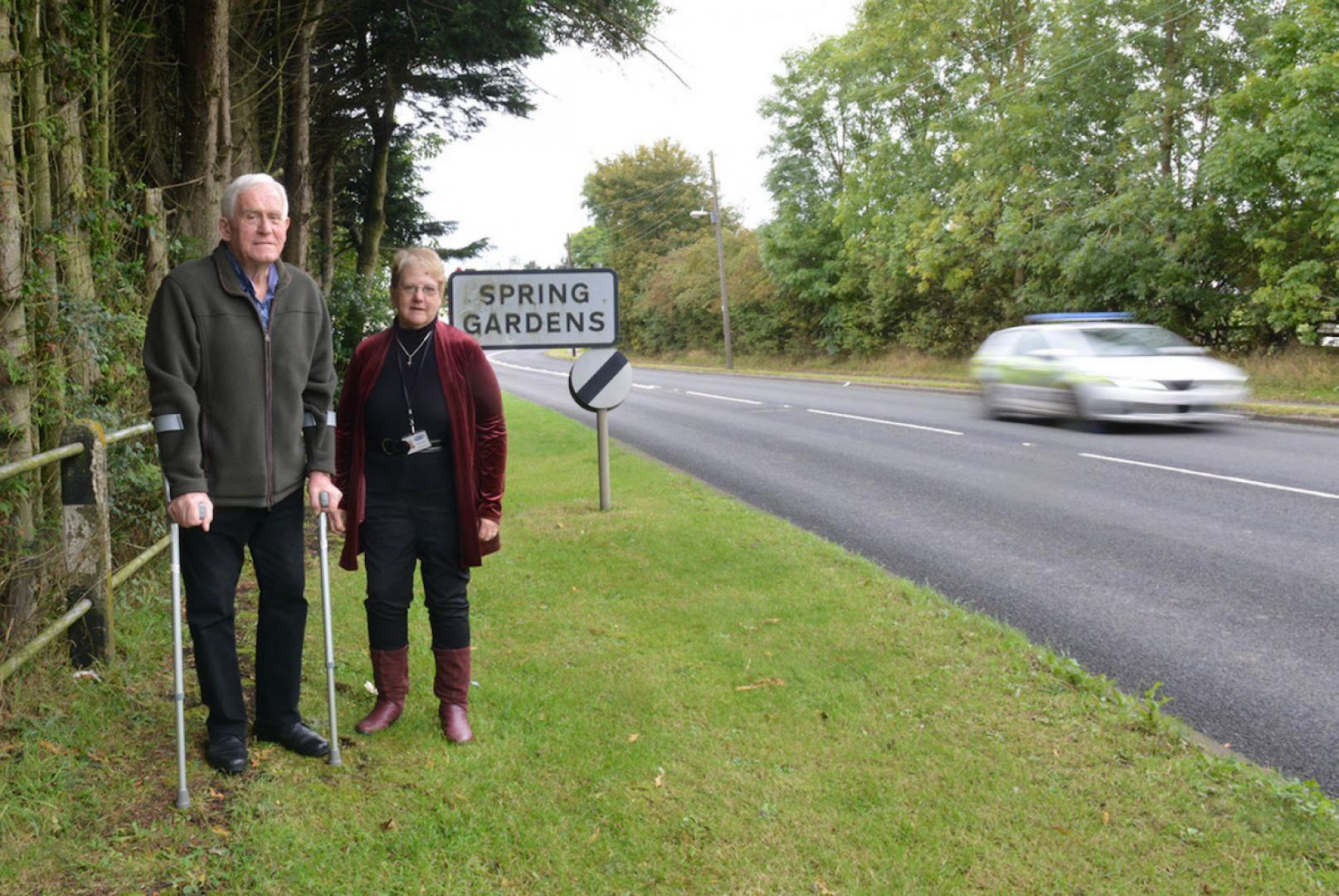Teesdale Action Partnership is one of 14 area action partnerships set up in 2009 when the unitary Durham County Council was formed. Stuart Laundy looks at how it distributes thousands of pounds across the dale
TENS of thousands of pounds from Durham County Council is made available each year to benefit projects specific to Teesdale – with money distributed in two ways.
Firstly, each of the dale’s six elected councillors is allocated a neighbourhood budget.
The current allocation is £19,400 per councillor, of which up to £14,000 can be used to pay for new projects; £5,400 is earmarked for revenue projects – money to help with ongoing costs of an existing scheme – and a further £2,000 for small grants of up to £1,000.
Money can be used for a variety of projects, such as those that improve the quality of life in the area along with new and additional community and voluntary projects that meet a need and benefit people.
As well as offering individual support, in some cases, councillors pool their money to help fund a project.
One of many examples in the Barnard Castle wards involves Bowes Football Club.
The four Barnard Castle councillors – Richard Bell, Ted Henderson, James Rowlandson and George Richardson – each contributed money from their neighbourhood budgets to pay for improvements to the changing facilities at the Tensfield ground.
In the Evenwood ward, Cllrs Heather Smith and Stephen Hugill have made road safety their priority.
They have jointly contributed money to new gateway road features and signs at Spring Gardens and Hummerbeck.
Cllrs Smith and Hugill are also working together on a similar scheme for Hamsterley after residents raised concerns about cars speeding through the village.
It is hoped money from their budgets will pay for speed warning signs at each end of the village along with gateway road markings.
Only not for profit organisations are eligible to receive funding from councillors’ neighbourhood budgets.
These include voluntary and community sector organisations; council services, police, fire and health bodies; parish and town councils; and schools and colleges.
To apply for cash, groups can contact their local councillor directly or speak to the TAP co-ordinator.
The second pot of money available is the area budget that each of the county’s 14 area action partnerships receives each year.
To decide how the money is spent, the action partnership board – made up of elected members, representatives of various services and members of the public – set a number of priorities for the year.
Currently, Teesdale Action Partnership is working towards a single priority of helping the community and business recover from Covid-19. That means TAP can support projects focusing on employability initiatives; advice and guidance; mental health and wellbeing; organisational sustainability; social isolation; and support for the voluntary and community sector.
Normally, the budget is a minimum of £100,000, however, TAP can be asked to mange other funds, such as covering the cost of healthy food for holiday activities and supporting youth activities.
In the current financial year, TAP received an additional £100,000 to support local organisations as a result of the Covid-19 alert.
That figure is set to increase further when Durham County Council meets on February 24 to set its budget for the coming financial year.
If proposals are backed, TAP, in common with each area action partnership, will receive an extra £300,000 to spend on initiatives to support towns and villages along with another £100,000 to assist vulnerable people and community groups in tackling poverty as part of the ongoing response to the pandemic.
In line with the neighbourhood budgets, TAP cannot fund private businesses but voluntary and community sector organisations; statutory bodies including council services, police, fire and health bodies; parish and town councils; and schools and colleges can apply for funding. To find out more about the funding opportunities available via the neighbourhood budgets and Teesdale Action Partnership, go to https:// www.durham.gov.uk/teesdaleaap.







